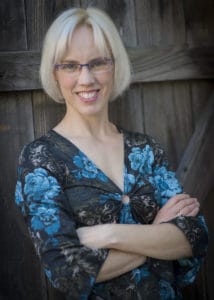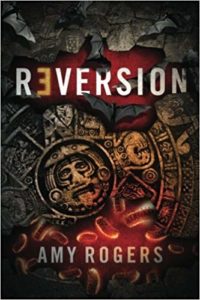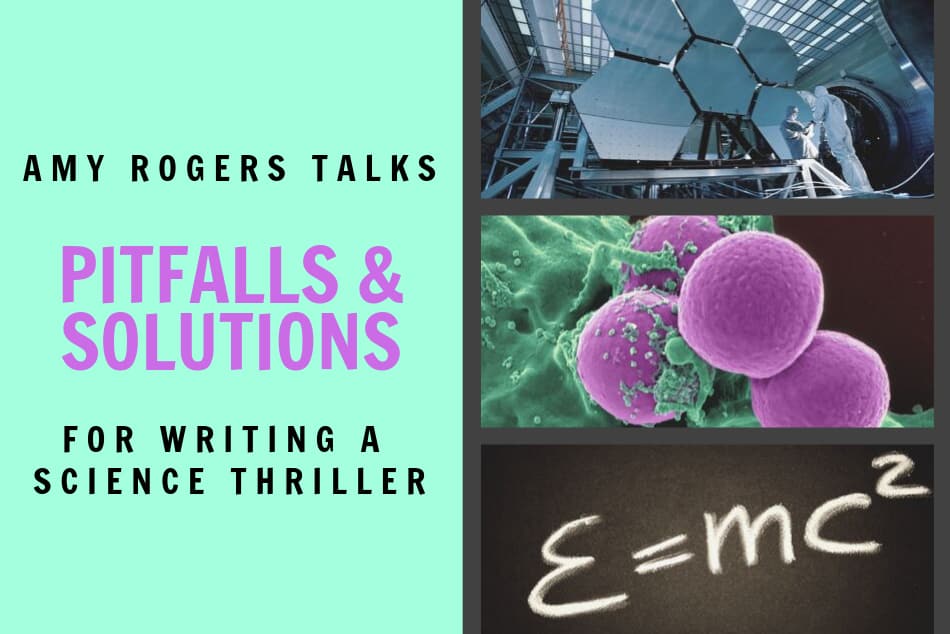Science, technology, and medicine offer great opportunities for thriller writers to enliven their stories with cutting-edge detail, or even to drive an entire plot. But writing a story with a heavy infusion of science or scientific themes presents certain challenges.
In my opinion, the enjoyable challenge is finding new or compelling technical tidbits to incorporate in my plots. Source material abounds. I consistently find elements I’d like to use, in news outlets such as Science News, The Economist, and a wide range of online blogs, podcasts, and radio programs that cover the latest reports from the world of science. Microscopic “water bears” crash-landing on the moon? China suppressing reports about a mysterious viral outbreak? Implantable medical device powered by blood sugar? I’ve stumbled upon articles about all of these. I then save these morsels for future use in either a digital file inside Scrivener (a writing and organization program that I love to use for book-length work), or in a physical paper scrapbook devoted entirely to ideas and inspirations for my writing.
My personal expertise is in microbiology and medicine, so I’m comfortable applying these topics to my fiction. But what should you do if you don’t have a job or educational background in the technical field you want to portray in your story? I recommend a balance of two approaches.
First, stay out of the weeds.
If you don’t know the difference between DNA and RNA, then maybe your thriller about gene editing gone awry should focus more on the characters and less on CRISPR-Cas9 technology. Technical detail isn’t required to tell a compelling story about the implications or unintended consequences of a new technology.
Second, consult an expert.
What if in your plot you want to distinguish between a protagonist doing somatic gene editing and an antagonist messing with the germline? Go for it, but first talk to a pro. Look up some professors in the appropriate department at your local community college or university and send emails. If you’re polite and clear about what you’re asking of them, you’ll find one willing to answer a few questions—especially if you promise to mention them in your acknowledgments.
Whether you rely more on the first or the second approach depends a lot on your intended audience. Are you targeting technically sophisticated readers, perhaps with a lot of crossover from hard science fiction? Then you’d better include enough detail, and get it right. Are you more interested in a general audience? Then your readers might glaze over if you dole out too much tech. Keep it high level.
Be especially careful with hospital scenes.
I’ve edited many manuscripts written by physicians, in which the author gives far too much attention to details about medical procedures, equipment, or staff. While a little bit is helpful for verisimilitude, too much is just plain boring. Conversely, I’ve read scenes where a character rolls into an emergency room and the writer ignores medical accuracy, leading to cringeworthy conversations and glaring procedural errors. Get someone with medical experience to read what you’ve written. One trick: use point of view to your advantage. Describe and experience your medical scene in the POV of a patient or other nonprofessional. Do your homework to get the medical details right in your own mind, but on the page only reveal as much of that detail as your character would perceive. You, and your reader, don’t need to know exactly what that flashing, beeping thing does—only how it makes your character feel, or how it prompts the other people in the room to act.
Sometimes in writing a science thriller you will have to educate your reader. This should, of course, be kept to a minimum.
As much as possible, convey necessary technical information in context, and trust your reader to be smart enough to get the gist. When a more thorough explanation of something is needed, two tried-and-true techniques still work:
- The most popular is to set up a dialog between two or more characters in which one character is the “teacher” and the other is the “learner.” Try not to make it feel forced. Hint: make the scene do double-duty. While conveying necessary information, ALSO add conflict, or explore subtext, or reveal character. Never use the phrase “as you know” in dialog and never use an artificial setup in which a character is explaining something that the other character already knows or would be expected to know.
- The second technique is to have a character read or hear a report, or possibly a lecture, which contains the information you want your reader to understand. Never info-dump, that is, don’t write a paragraph of exposition with the information. It breaks the flow of the story, pulls the reader out, can be an authorial intrusion, and is generally skimmed over by the reader so you’ll fail in your purpose anyway. Creating a fake news article in your story is a twist on info-dumping but superior because you still anchor the character in a scene, and the information is processed through the character’s POV rather than being directed at the reader.
The cloning of dinosaurs in Michael Crichton’s Jurassic Parkis technically inaccurate in some details, but it’s highly plausible.
You’re writing fiction. How accurate does the science have to be? That depends on your intended audience. But for any audience, the standard isn’t accuracy, it’s plausibility. If your readers believe, they’ll be happy even if you’re making stuff up. (Many science thriller writers, including James Rollins for example, now include a few pages at the end of the book explaining the facts vs the fiction in their story.) One thing to watch for: internal consistency. If a scientist in your story gets an instantaneous genome sequence from a handheld device she carries—not “real” technology but certainly plausible—then make sure any other tech is proportionally advanced.
Finally, beware rapid advances in the real world.
Just as some global thriller writers are caught with out-of-date plots due to political events, so can science thriller writers find that the near-future story they’re writing suddenly becomes a headline in today’s paper. If the timing is right, this can be a marketing boon for your book—or it can make your story stale. I recommend that while writing, you pay attention to technical details that are likely to become out of date within a few years. Choose whether or not to include such details as the shelf life of your novel should be longer than that, and they will date your book. If you’re publishing independently, you can later edit your book to modernize it; this is much harder if you have a traditional publisher. Ultimately, though, a lot of what makes science thriller fiction exciting is that it’s on the fringe of what’s possible, so technical advances are an unavoidable risk.
Weigh in with your thoughts and comments on Facebook!
—–
Amy Rogers, MD,  PhD, is a Harvard-educated scientist, novelist, professor, journalist, and critic who specializes i
PhD, is a Harvard-educated scientist, novelist, professor, journalist, and critic who specializes i n all things science-y. She is a member of International Thriller Writers and founder of ScienceThrillers.com. Her science thriller novels Petroplague, Reversion, and The Han Agent have won independent publishing awards including Foreword Indies finalist. Learn more at AmyRogers.com
n all things science-y. She is a member of International Thriller Writers and founder of ScienceThrillers.com. Her science thriller novels Petroplague, Reversion, and The Han Agent have won independent publishing awards including Foreword Indies finalist. Learn more at AmyRogers.com





